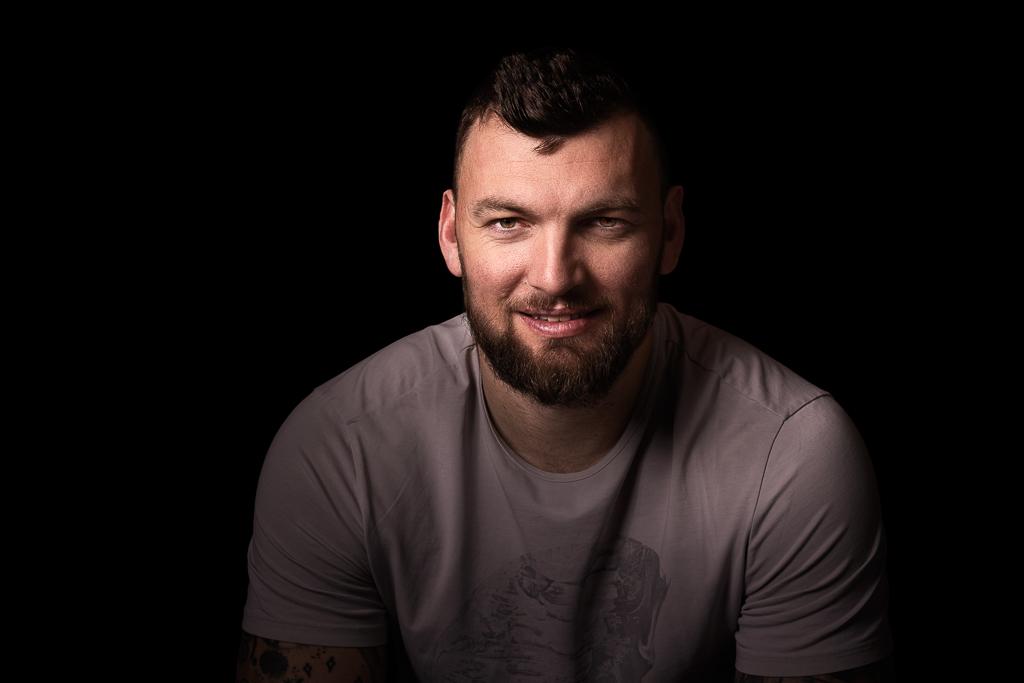Mosaic of pain
Martin Hanzal
ice hockey
“Come on, let’s go, guys!”
The energy in the dressing room was growing again. It always happens when the break between periods is almost over and players start putting on their helmets, gloves and even their jerseys. They’re pumping each other up, helping teammates get in the right mindset.
It was no different one day before Christmas 2018. We were playing at home in Dallas against the Islanders and the second period was supposed to start in just a moment, with the score 0-0. The focus level was to the max.
“Go! Go! Go!” Fists bumping, every player stepping onto the ice in a straight line.
Except me.
I was resting on a massage bed, hearing all of this from a room across the hall behind a partially closed door. The doctor was examining me, and I refused to accept that I had just played my last period in the NHL. I refused to accept what deep down I knew was the truth. This was it. The end. I couldn’t go on.
At the beginning of December, I returned from my third and most complicated spinal surgery. I thought everything was going to be alright. I could still feel my back pain a little, but I thought it was just a post-op stiffness that I’d soon get over.
I managed to play six games, feeling good, working slowly back into game shape. In game number seven, though, shortly before the first period ended, I was skating back to the bench. Everything was normal and then it struck me. My leg went dead. The same sensation I remembered from 10 years ago, before my first surgery. A sharp pain back in my thigh and then… nothing. It was as if my left leg had just disappeared.
‘No. Not this,’ I thought. This was my nightmare.
Before I made it to the dressing room, it got worse. It got worse with every step. I fell on the massage bed, all of my gear still on, and told the doctors and trainers around me: “Look, there is something wrong down there. I can’t move my leg again.”
I was desperate for some hope. I tried to calm myself, reasoning that it was just because I hadn’t played for so long and my body needed to adapt. Or maybe it was just something swollen around my spine, where I had scars inside from the surgeries. I tried every explanation to persuade myself that maybe I could still return one day.
But deep down, I knew this was it. It was over.

Vstoupit do Klubu
Inspirativní příběhy vyprávěné sportovními osobnostmi. Ke čtení nebo v audiu namluvené špičkovými herci. K tomu rozhovorový podcast. Každý týden něco nového.
Did you like the story? Please share it.

Přihlásit se
Zapomenuté heslo
This is a limited english version of our website with only a part of our content written in english. You can visit the full version in czech.



